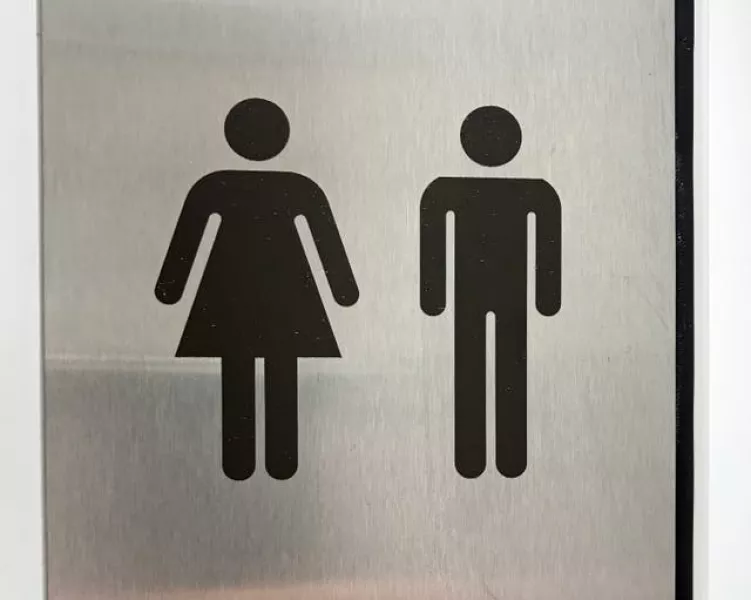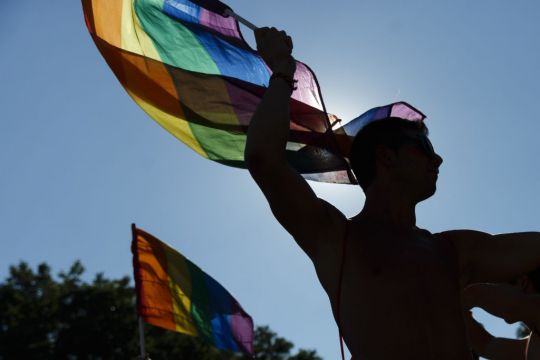The Spanish cabinet passed a draft bill on LGBTQ rights that will seek parliamentary approval to allow transgender people over 16 to freely change their gender and name without doctors or witnesses intervening in the process.
The proposal could still change during a lengthy parliamentary debate of the legal draft.
But if its essence prevails, Spain would join a handful of countries around the world enshrining gender self-determination without a diagnosis of gender dysphoria or requiring that a person’s physical appearance conform with traditional male or female expressions.
It would also make the changes in the official registry faster than in most countries: up to four months from the first application to the change finally appearing in official documents.
The process would be easily reversible for half a year, but it would require going to court after that.
The legal proposal has been controversial from the start, pitting against each other transgender rights activists and some feminists who believe that the law blurs the concept of biological sex.

It had also opened an internal battle within the left-wing ruling coalition, with the leading Socialists initially opposing self-determination in line with historical feminist activists while the junior partner of the governing alliance, the far-left United We Can party, strongly pushed for the free, unsupervised right to choose one’s gender to prevail.
Negotiations within the Cabinet were “long and difficult,” Irene Montero, equality minister and a prominent leader of United We Can said Tuesday.
But the final draft, she added, was “a giant’s step” in guaranteeing the rights of the LGBT community.
Spain’s prime minister Pedro Sanchez, the leader of the Socialists, said that the draft law put Spain “at the international forefront” in LGBT rights.
“We recognise the right of everyone to be whoever they want to be,” he wrote.
According to the draft, all Spanish nationals above 16 will be able to change their gender and name by simply stating twice their desire to do so.
Previously, applicants needed a gender dysphoria diagnosis by several doctors and, in some cases, proof that they had been living for two years as the gender they identified with — or even records showing they had taken hormones.
Teenagers between 14 and 16 can also apply with parental permission or by going to a judge if there is disagreement among them.
A court is involved in applications for those between 12 and 14, and children under 12 are only allowed to register a new name but not to change their gender.
Transgender rights groups had put pressure for months on the government by holding hunger strikes, proposing more ambitious drafts to Parliament and urging organisers of the country’s biggest Pride celebration, in Madrid, to exclude the Socialists from the annual march.
Mar Cambrolle, from Plataforma Trans, said Tuesday that while the proposal accepts their demand for self-determination, it falls short in protecting transgender children under 14 or guaranteeing the rights of non-binary people and transgender migrants.
“It’s a brutal trim from of what we had demanded for decades,” the veteran activist said.
“It does not develop specific policies to deal with unemployment of trans people, it does not delve into protocols for preventing harassment in educational centres, it does not speak of a health care model for us and it does not touch on sports.”
Natalia Aventin, head of the Euforia group of families with transgender members, said that transgender rights had been watered-down because the government included them as part of broader legislation in favour of lesbian, gay, bisexual and queer communities.
“The government’s marketing campaign has been better than the law itself,” Ms Aventin said.







